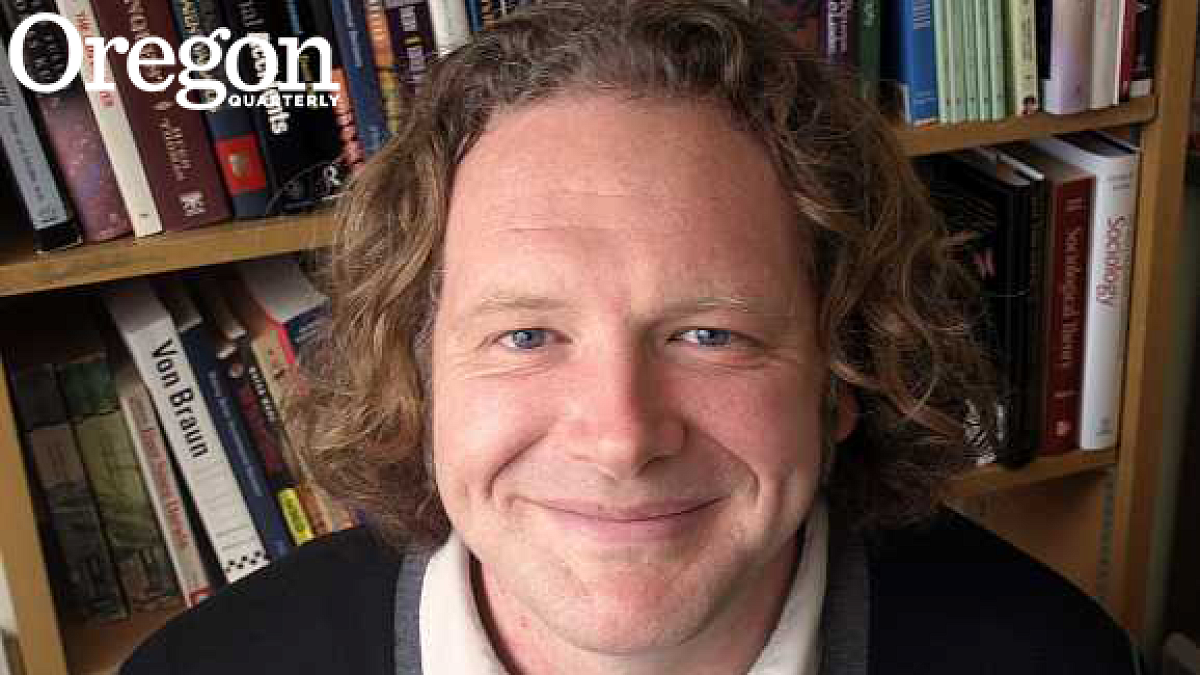Oregon's spotted owl dispute is a case study in environmental politics. Growing up in southern Oregon during the heat of the controversy, Richard York lived through it and remembers it as a turning point in his high school education.
As the 1980s battle between environmental groups and the timber industry tore across the state—splintering communities into bitterly divided factions—the young York realized that the friction between man and nature couldn't be resolved by lab scientists and policy wonks alone. People were at the heart of the problem, and understanding how they thought, behaved, and interacted would have to be part of any cure. Motivated by the high stakes of this work, York launched into a career studying how to effectively link society with environmental sustainability.
"We always focus on the science of environmental issues," he says, "but the problem, in a sense, doesn't originate there. The problem is human activities, human politics, and human decisions. If we're talking about environmental reform, we really are talking about changing what humans do."
As a UO professor of environmental sociology, York helps students bridge the gap between the physical and social sciences. Using this multidisciplinary approach, he connects global topics such as climate change with issues closer to home, noting that the richest areas for study can exist right outside our windows.
"We often have contempt for the ordinary. We find it boring," he says. "My job is to reinspire interest in the everyday."
Among York's tools for sparking student interest are "thought" experiments like the one he showcased last fall in a public lecture on campus (a "DUK Talk," similar to a TED Talk). Challenging the belief that fuel-efficient cars promote a greener planet, he presented a vision of a hypothetical world without hybrid technology, one in which cars need 50 gallons of gas to travel just one mile. The scenario might pass as a nature lover's nightmare, but York says it could, quite counterintuitively, be a boon for the environment, causing reassessment of many of society's unquestioned assumptions.
"We would have developed the world very differently," he explains. "We would have formed communities in which people could get around by walking or biking. We would have very different social expectations about mobility."
York hopes to develop lifelong problem-solvers by introducing students to the kind of real-world questions that challenge contemporary policymakers. Knowing that the students in his classroom today will face the pressing environmental problems of tomorrow, his goal is to provide to them the tools and inspiration they need to be part of the solution.
"I get to teach things that are interesting and important," he says. "I'm interested in challenging students intellectually and making them care."
Name: Richard York
Education: BS '94, Southern Oregon State College; MS '97, Bemidji State University; PhD '02, Washington State University
Teaching Experience: Joined the UO faculty in 2002
Awards: 2013 Thomas F. Herman Faculty Achievement Award for Distinguished Teaching; 2010 Richard A. Bray Faculty Fellowship
Off-Campus: York enjoys hiking, biking, and spending time outdoors with his wife and two dogs, a beagle and a dachshund.
Last Word: "A good way to teach is to set up something that seems counterintuitive and then explain it. A lot of sociology runs counter to our intuition, and that's what gets us interested."
—By Ben DeJarnette '13


